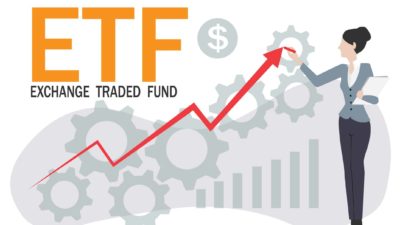If you're wanting to diversify your portfolio, then you might want to look at exchange traded funds (ETFs). ETFs provide investors with easy access to a large number of different shares through a single investment.
This makes them a great option if you're seeking diversification but don't have the funds to spread across a sufficiently large enough number of individual shares. With that in mind, listed below are two ETFs that are highly rated. Here's what you need to know about them:
BetaShares Global Cybersecurity ETF (ASX: HACK)
The first ASX ETF to consider is the BetaShares Global Cybersecurity ETF. This increasingly popular fund provides investors with exposure to the leading companies in the rapidly growing global cybersecurity sector.
Demand for cybersecurity services has been growing strongly and is expected to continue doing so long in the future. You only need to look at the recent cyber attack on a US gasoline pipeline to see why.
Among the companies you'll be owning a slice of are global cybersecurity giants and emerging players such as Accenture, Cisco, Cloudflare, Crowdstrike, and Okta.
In respect to the latter, Okta provides businesses with workforce identity solutions. This ensures that access to information is given only to those that are meant to have it. Given the importance of data protection, this is unsurprisingly in demand with businesses right now.
Vanguard MSCI Index International Shares ETF (ASX: VGS)
If you're more interested in diversification, then you might want to consider the Vanguard MSCI Index International Shares ETF.
This ETF is arguably as diversified as it gets. The Vanguard MSCI Index International Shares ETF provides investors with exposure to 1,530 of the world's largest listed companies from major developed countries. Among its largest holdings are giants such as Amazon, Apple, Facebook, Johnson & Johnson, Nestle, Procter & Gamble, and Visa.
Vanguard notes that it would be suitable for buy and hold investors seeking long-term capital growth, some income, international diversification, and with a higher tolerance for the risks associated with share market volatility.









